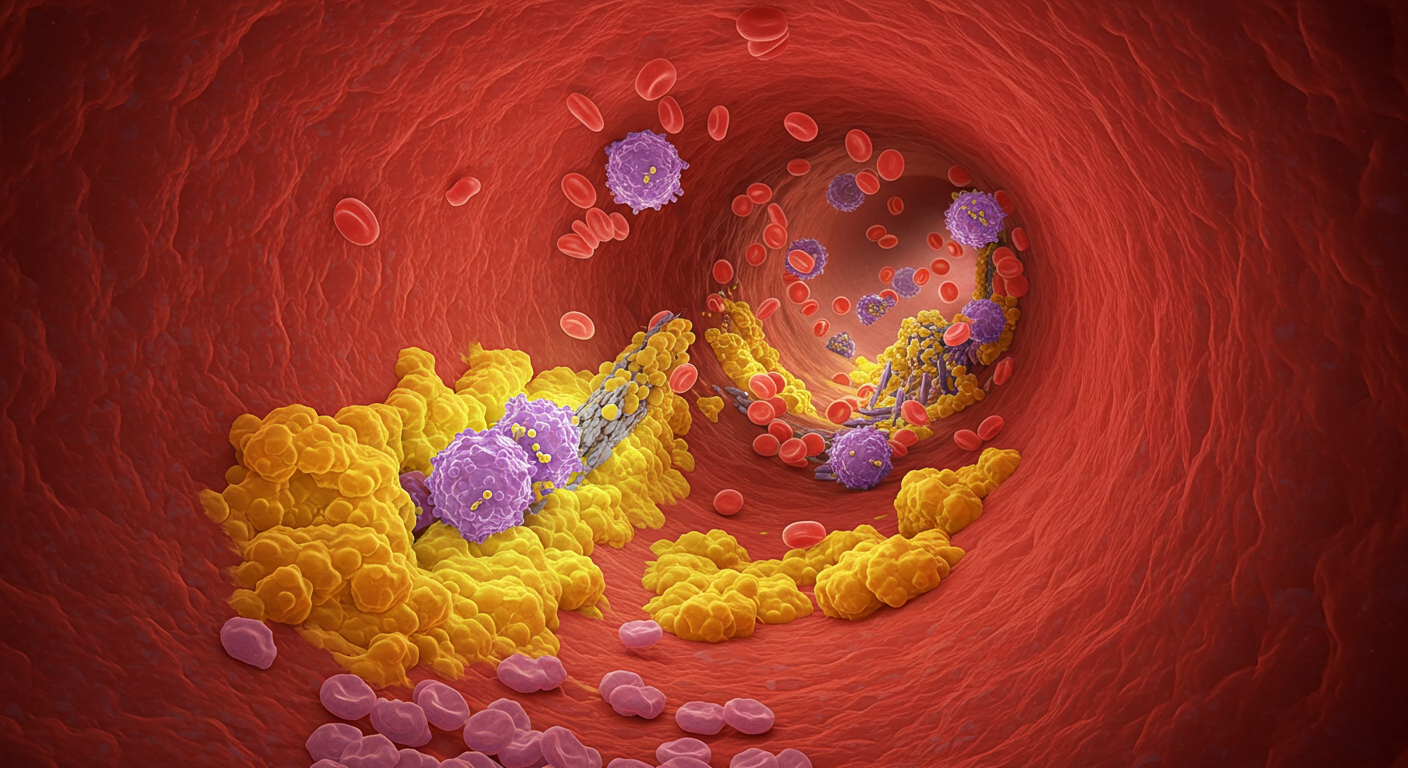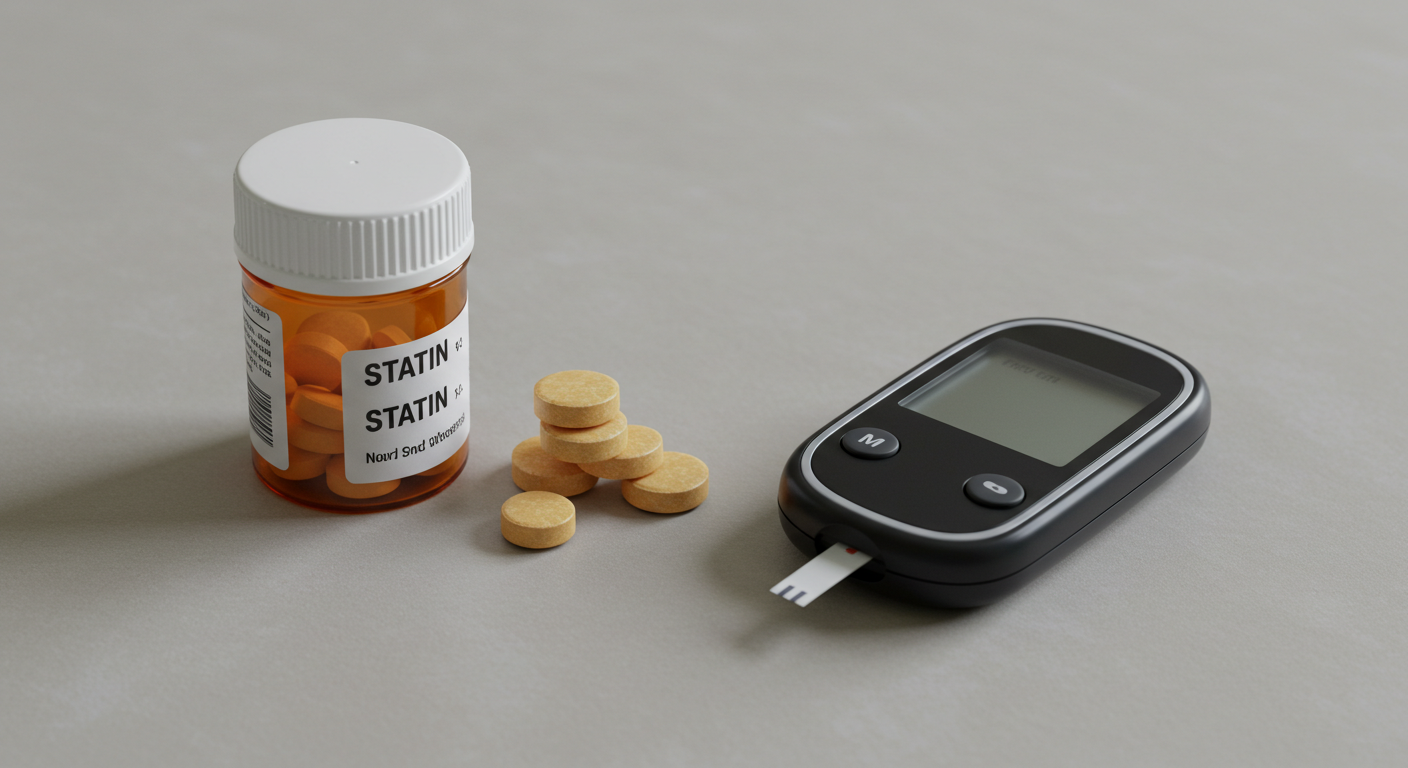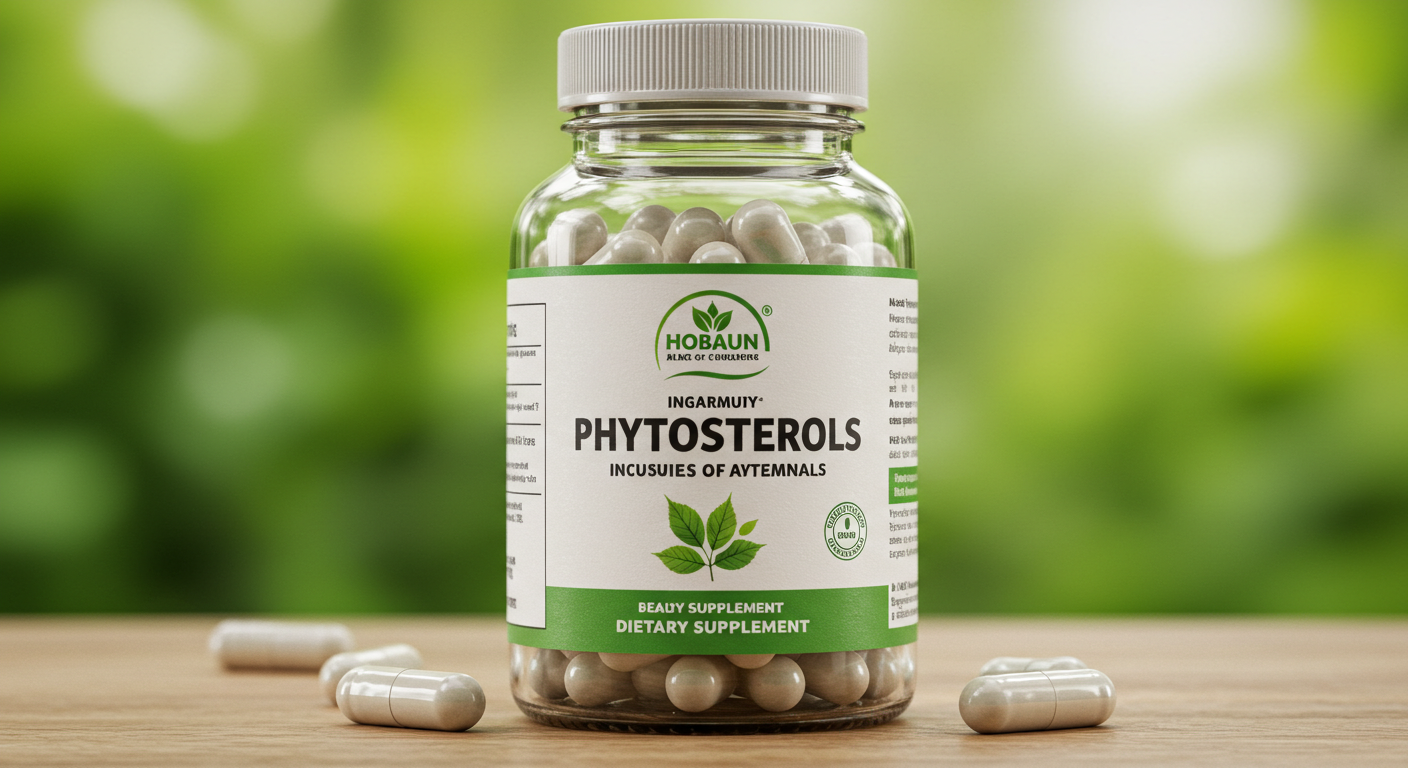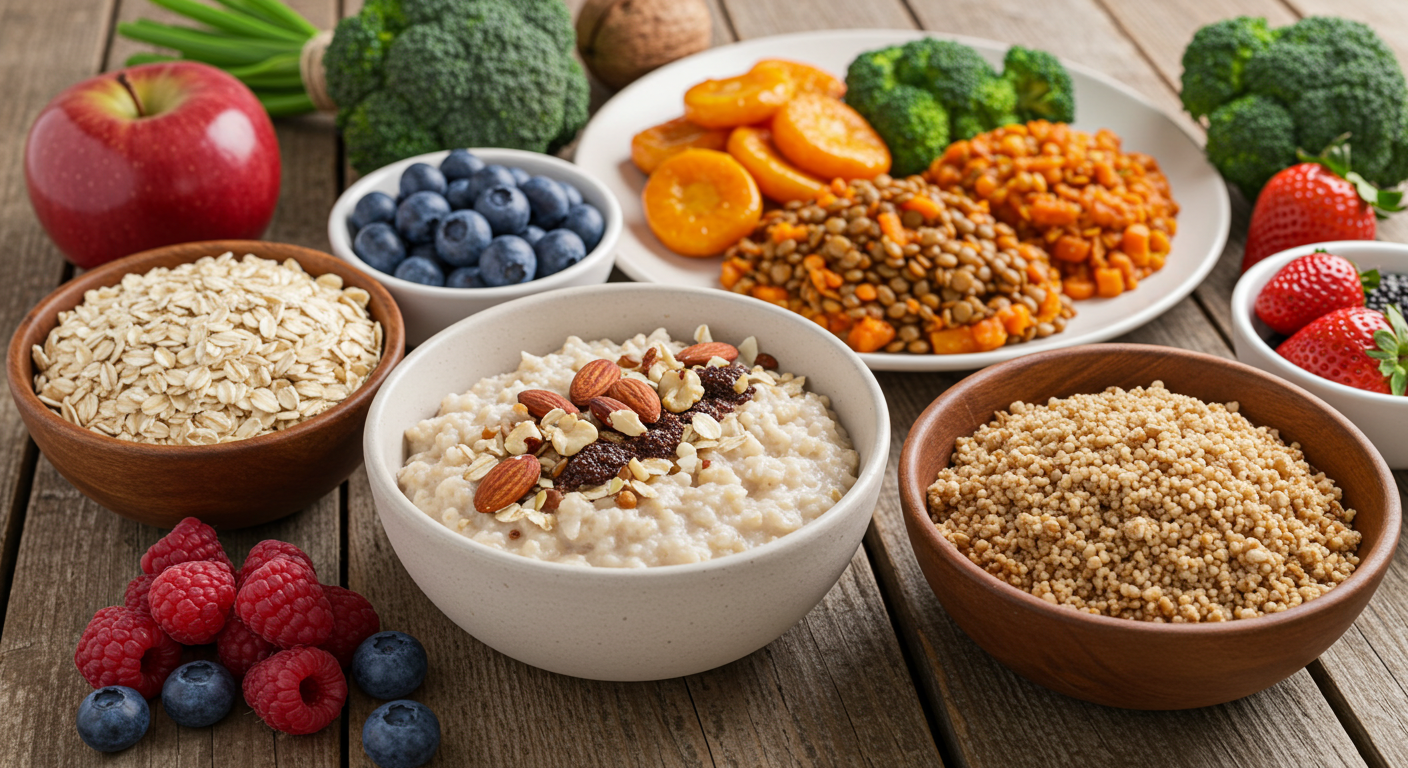How Hormone Therapy Improves Cholesterol and Heart Health
Does Hormone Therapy Improve Your Cholesterol Profile?
Yes, significantly. This meta-analysis of 23 studies involving over 10,000 women found that hormone therapy consistently improves lipid profiles by reducing LDL (bad) cholesterol by 10-15% and increasing HDL (good) cholesterol by 8-12%. These changes occur within 3-6 months of starting treatment and represent meaningful cardiovascular benefits.
Dr. Kumar’s Take
This research provides strong evidence for one of hormone therapy’s underappreciated benefits: cardiovascular protection through improved cholesterol profiles. While the Women’s Health Initiative created fear about heart disease risks, this meta-analysis shows that hormone therapy actually improves the lipid markers we use to assess cardiovascular health. For women with elevated cholesterol or cardiovascular risk factors, hormone therapy may provide dual benefits of symptom relief and heart protection.












